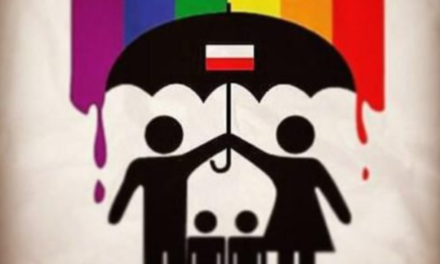According to Márton Nagy, 2023 will be the year of breaking inflation and 2024 of restoring growth.
The Minister of Economic Development evaluated the data of the KSH and concluded that the war, sanctions and price speculation by the multinationals pushed inflation into the sky, which reached a level that exceeded the tools of the central bank, the Ministry of Economic Development (GFM) told MTI on Friday.
They emphasized that in order to protect families, jobs and the economy, the government therefore took over the task and responsibility of fighting inflation. Prime Minister Viktor Orbán "set a clear goal for the government: first, inflation must be broken down and then reduced to single digits by the end of 2023," the announcement states.
In order to curb the price increase, the Ministry of Economic Development has developed a number of tools and measures, so the government has introduced, among other things, mandatory campaigns and the online price monitoring system
- they drew attention in the announcement.
The targeted measures were effective, based on data from the Central Statistical Office
already in October, the rate of inflation dropped to 9.9 percent, and the pensioner consumer price index fell to an even more favorable level of 9.1 percent.
"Thus, the government has overcome and reduced inflation to single digits, fulfilling its previous commitment ahead of time," stated the Minister of Economic Development, Márton Nagy, according to the announcement.
It is explained that based on the KSH report, it is a special result that compared to the previous month, a small, 0.1 percent decrease in prices was observed. The price of food decreased by 0.1 percent and the price of household energy by 0.3 percent. In addition, as a result of negotiations between the Ministry of Economic Development and the Hungarian Mineral Oil Association, more competitive fuel prices have emerged at the regional level as well. This is confirmed by the data of the KSH, as compared to September, the price of vehicle fuels decreased by 3.8 percent, contributing to a substantial decrease in inflation.
In the announcement, the head of the ministry emphasized that the government's fight against inflation has finally reached its peak: the measures stopped the further rise of inflation in January, and thereafter they reduced the rate of inflation at an ever-increasing pace, ever more dynamically.
Thanks to
there is a good chance that real wages could start to grow again from September, i.e., as in previous years, the salaries of families may be worth more and more.
The government's goal is to maintain and support the dynamic increase in wages, so that real wages can grow by 4-5 percent next year, and at the same time, it can also contribute to the expansion of consumption.
Márton Nagy added that 2023 is the year to break inflation and 2024 is the year to restore growth. Thus, parallel to the decrease in inflation - which may drop to 6-7 percent by the end of the year, and may reach 5-6 percent next year - the government is increasingly prioritizing measures to restore economic growth.
After this year's 0 percent growth, the government will put economic growth back on a dynamic path next year, so it can return to the usual 4 percent or higher growth rate in previous years.
A good example of this is the government's recent decision, according to which SMEs can access the products of the Széchenyi Card Program under extremely favorable conditions in 2024, with a fixed interest rate of 5 percent until the end of the term. This is also facilitated by the voluntary interest ceiling used by banks, which, thanks to the agreement with the banking association, helps businesses with loans with a significantly more favorable interest rate than before, currently 11.5 percent.
In addition, the Gábor Baross Reindustrialization Loan Program also makes a significant contribution to improving the situation of enterprises, the stock of contracted loans already reaches more than HUF 850 billion from the HUF 1,000 billion budget, while the value of disbursements is close to HUF 650 billion - informed the Ministry of Economic Development.
MTI
Cover photo: MTI/Róbert Hegedüs













